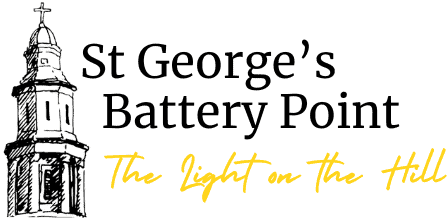A sermon on Matthew 10
Isaiah 9:2-7, 1 Thessalonians 1.3-10; Matthew 4:12-25
We saw his star when it rose and we have come to worship him
A sermon on Psalm 148

